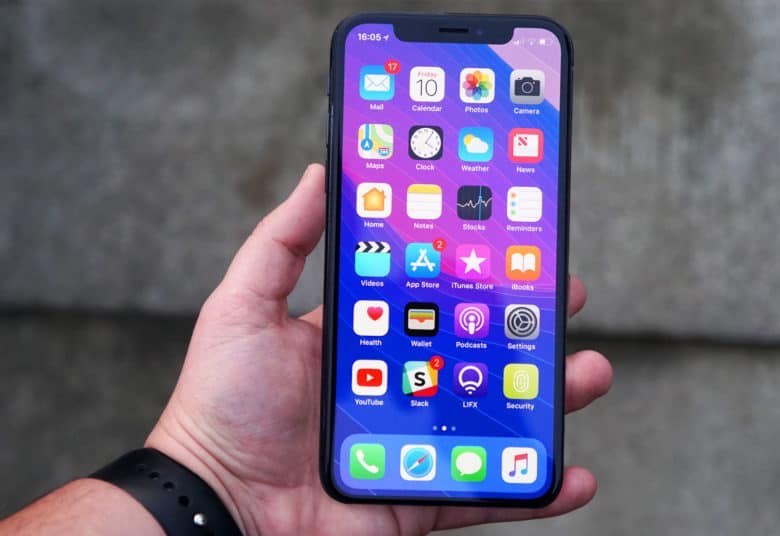You have a great app idea and you’re ready to get started. Or maybe you’ve already launched but aren’t happy with the results or want to know what else is out there? Either way, before you make an app, it’s important to ask yourself some questions first. Making a mobile app is an excellent idea if you want to put your product in the hands of consumers, but it’s not as simple as just building it. Before investing time and money into creating a new app, you’ll be doing a lot of research. In order to make sure your app is built with quality in mind, it’s essential that you ask yourself some smart questions before jumping straight into development. With our many years of experience as a mobile app development company, we have gathered the answers to the most critical questions you should ask before you start building your app. Let’s guide you in the right direction.
What makes your app unique and different from others?
It’s hard at this point to create an idea that no one has come up with yet, especially since the mobile application market is so broad and there are already a lot of apps out there. Try not to follow the usual patterns and think outside the box as much as possible. Do market research. Plan a marketing strategy to help you stand out from the competition and promote your mobile app. While thinking about creating a native app, check out the numbers in app stores. According to Statista.com there are more than 3 million apps in the Google Play Store and more than 2 million apps in the App Store. The competition is huge.
How big is your target audience?
You need to understand the size of your target audience because it will help determine how many resources need to be invested in the development team and marketing efforts. For example: If we’re talking about an app design for pet owners looking for dog walkers nearby, then our user base will probably be relatively small compared to something like Facebook or Instagram, which have millions upon millions of daily active users.
Who are the key stakeholders of this app?
Don’t forget the importance of doing a stakeholder analysis. Stakeholders are all the people who will be affected by your application. They are the people who are involved in the development process, end users who are waiting for the final product, and people who will be paying for the development and maintenance of the app. Or any person or organization that will benefit from access to data generated by your app.
Can you develop an MVP first?
If your product is a brand new concept and there aren’t similar products on the market, then developing a Minimum Viable Product might be a good idea. If your product has some competition that already exists, it would make sense to spend more time researching how to improve upon those existing products before spending money on building your version. This will help you determine whether or not it makes more sense to build something different than what’s out there currently.
What platform should you develop first (iOS or Android)?
The short answer is: both. Longer answer: the platform you choose will depend on your goals, and it’s always best to go with what feels right for you and your team.
If you’re building an app as a side project, there’s no harm in developing both types of mobile devices at once. If you want to keep development costs down, choosing one platform over another is up to your personal preference. Remember that building a hybrid app (a cross-platform application) is usually slightly cheaper than developing a native app – which also could be an advantage.
You may also want to consider which device sets are used by most of your target users—this can help shape what OS you’ll use because it dictates the types of features that might be lacking in either iOS or Android devices compared to their competitors.
What is your budget for building an app?
You can get a rough idea of a reasonable budget by looking at other apps in your industry and their costs, but ultimately, it’s up to you and your business goals what kind of budget you want to invest in this venture. It’s impossible to comprehensively list what apps cost because they can vary tremendously based on their size and complexity. But don’t worry; we’ll break it down for you.
The best way to estimate your costs is to look at similar apps and see how much they charge (although this might not be accurate because developers have different rates). You can also reach out to a mobile app development company like us and get an estimate.
How will you position this app in the market to reach your business goals quickly?
It is crucial to position your app in the market. Positioning means what you are going to do with your app to make it stand out from the rest. Positioning can be done through marketing. Your marketing strategy will impact how customers perceive your product, so you must have a clear understanding of who your target customer is before developing anything else. This would help ensure that you’re targeting people who will be interested in using your app as opposed to wasting time on something that they won’t care about or understand why they’d want it at all if they did know what it was for (and we all know how confusing those “features” descriptions can get).
How will you generate revenue from the app?
There are a number of options, but most apps make their money by selling products or services directly through the app. This can be done through in-app purchases and subscriptions, or even a combination of both. If your business model doesn’t lend itself well to any of these approaches, then it might be worth considering another monetization strategy such as advertising and sponsorships; however, these methods typically don’t increase revenue unless the app has millions of users already who are engaged enough with what they’re doing on it that they’ll tolerate advertisements so long as they get something valuable out of them in return.
How will you measure success?
Before you build an app, it’s important to know what your measure of success is. You need to define success in both the short and long term for your app, your business, the users of your mobile application and the developers who build it. First things first: What does success look like for this project?
The best way to do this is by creating a simple list of measurable goals that make sense for your product and its audience. For example: “We want people who download our social media app to use it two or three times per week.” That doesn’t sound like much—but as far as metrics go, it’s pretty solid! If we can hit that mark with any level of consistency (even once a month), then we’re doing well—and that’s something worth celebrating.
Once you’ve determined what success means for this project, in particular, take some time to ask yourself why those goals are important on a macro level. Why does having people sign up for monthly plans matter so much? How does improving conversion rates help us achieve our larger vision?
We hope you found these questions & answers helpful in getting started with your app development and that your new business will find new customers along the way. If you have any additional questions, reach out to us and get an estimate. We’re always happy to help!









